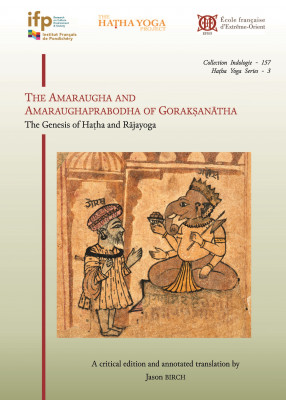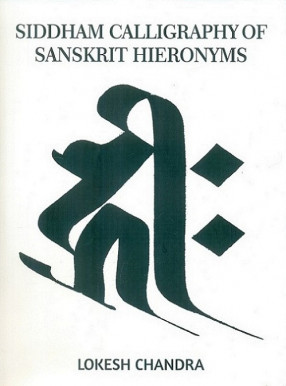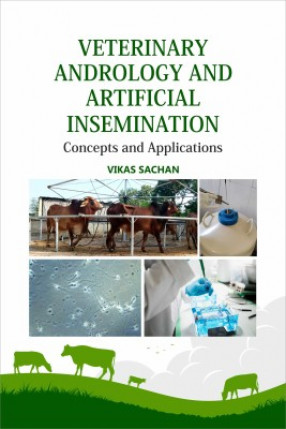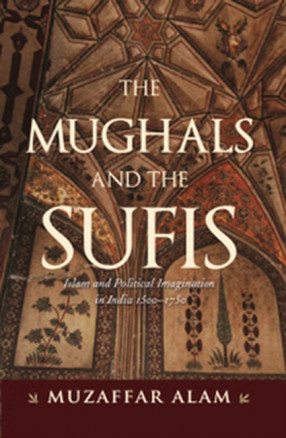FREE & QUICK WORLDWIDE SHIPPING ON $60+
TAKE 10% OFF YOUR ORDER | USE CODE: TAKE10

-
 272p.
272p.
-
 Hardcover
Hardcover
-
 English language
English language
-
 OUP Publisher
OUP Publisher
-
 15.12.2020
15.12.2020
-
 ISBN 13:
9780198863939
ISBN 13:
9780198863939
Disconnected Empires: Imperial Portugal, Sri Lankan Diplomacy, and the Making of a Habsburg Conquest in Asia
Contents: List of Illustrations and Maps Preface Introduction 1: (Dis)connecting Empires 2: Lords of the Land, Lords of the Sea 3: The Matrioshka Principle and Its Discontents 4: Conversion Diplomacy 5: Moving into the Native Ground 6: Translatio Imperii in the Tropics 7: From Allies to Invaders 8: Anatomy of a Divergence Conclusion Glossary List of Rulers Bibliography.
Disconnected Empires takes the reader on a global journey to explore the triangle formed during the sixteenth century between the Portuguese empire, the empire of Kotte in Sri Lanka, and the Catholic Monarchy of the Spanish Habsburgs. It explores nine decades of connections, cross-cultural diplomacy, and dialogue, to answer one troubling question: why, in the end, did one side decide to conquer the other. To find the answer, Biedermann explores the imperial ideas that shaped the politics of Renaissance Iberia and sixteenth-century Sri Lanka. (Dis)connected Empires argues that, whilst some of these ideas and the political idioms built around them were perceived as commensurate by the various parties involved, differences also emerged early on. This prepared the ground for a new kind of conquest politics, which changed the inter-imperial game at the end of the sixteenth century. The transition from suzerainty-driven to sovereignty-fixated empire-building changed the face of Lankan and Iberian politics forever, and is of relevance to global historians at large. Through its scrutiny of diplomacy, political letter-writing, translation practices, warfare, cartography, and art, (Dis)connected Empires paints a troubling panorama of connections breeding divergence and leading to communicational collapse. It examines a key chapter in the pre-history of British imperialism in Asia, highlighting how diplomacy and mutual understandings can, under certain conditions, produce conquest.
















